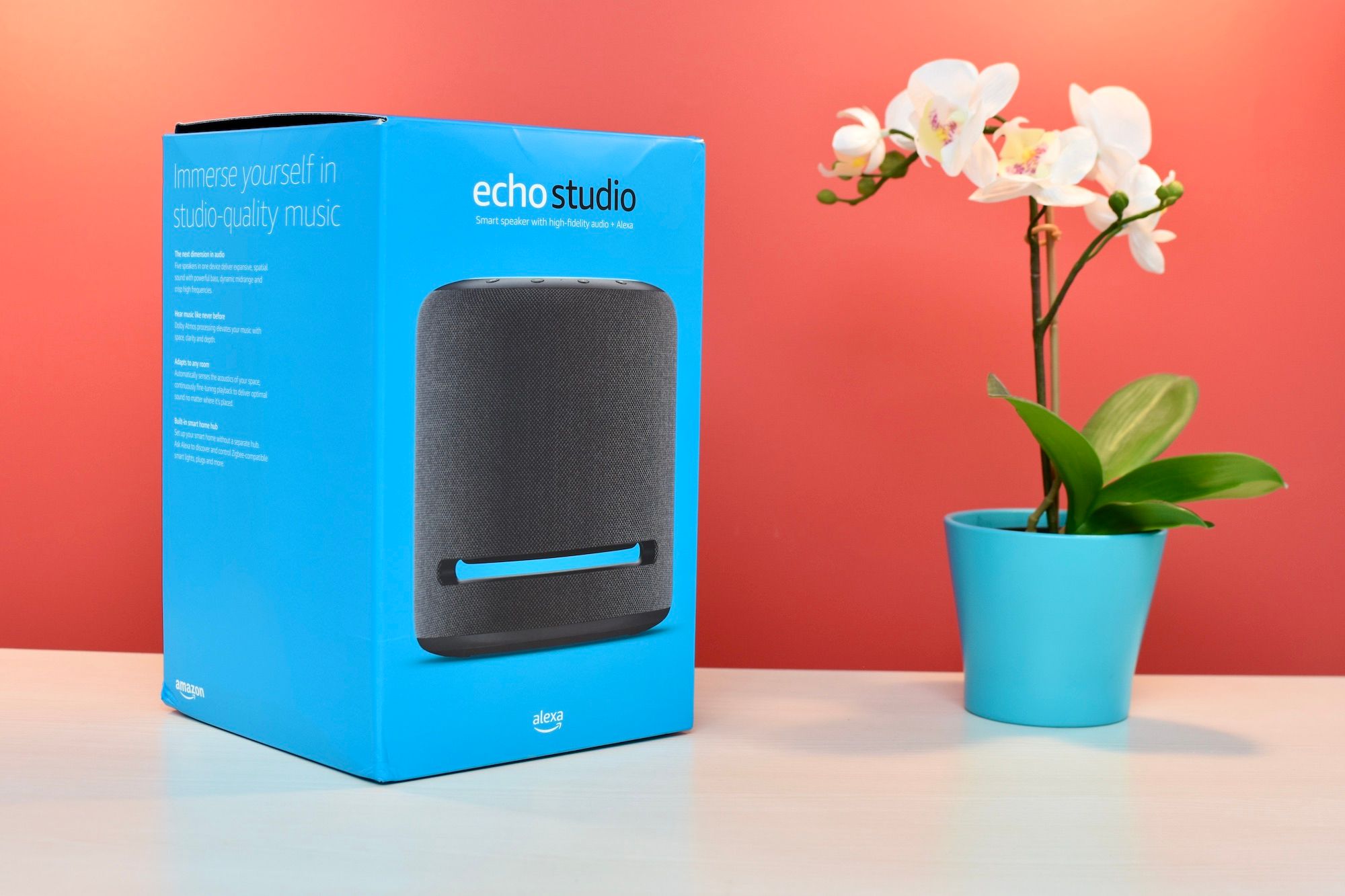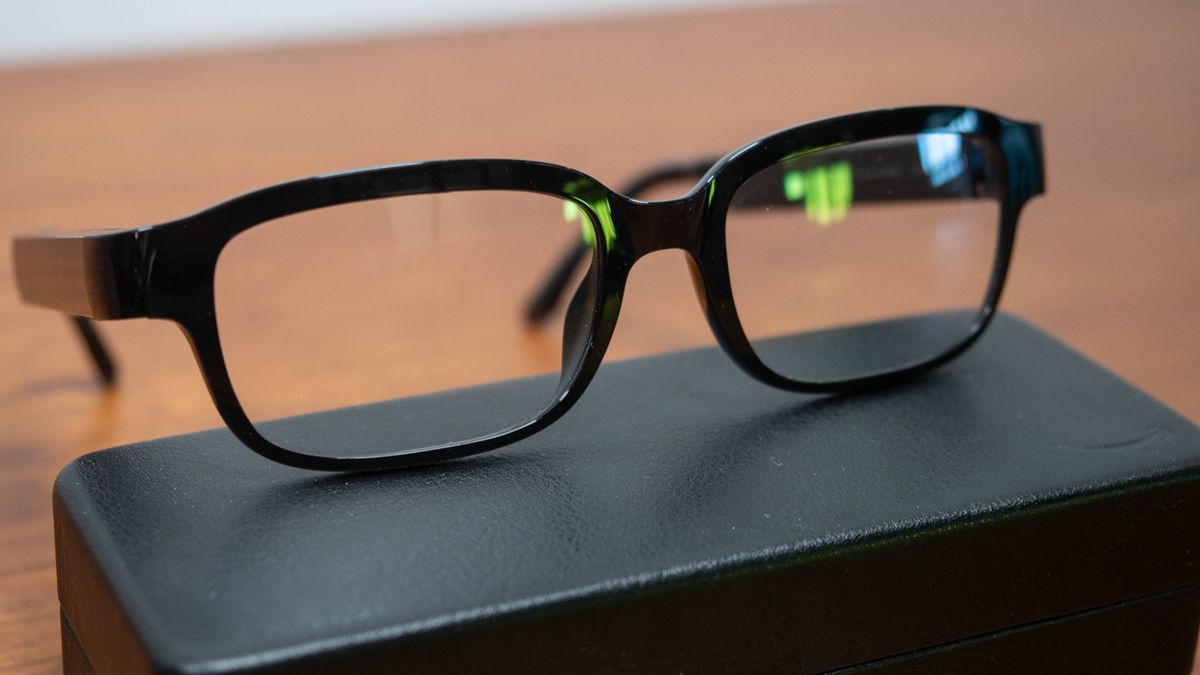Table of Content
According to Statista, Google Assistant is compatible with more than 50,000 devices made by thousands of manufacturers globally. One of the drawbacks of using a voice assistant is challenges with language, dialect, and accent. Google Assistant beats both Alexa and Siri in all three metrics. It supports more than 40 languages and several dialects for some of those languages.

Google has no such functionality on any of its devices but if you buy the appropriate hub you can connect with most smart home devices. Alexa, on the other hand, relies on the installation of skills – individual, app-like sets of related voice commands focussing on certain topics or abilities. Handled and activated through the Alexa app on smartphones, these can range from getting information on local transport times, or to activating voice-controlled games.
Trending Videos
Whether it's finding great products or discovering helpful advice, we'll help you get it right . When it comes to answering life’s questions, big or small, Google’s main advantage over Alexa is, well, Google. In countless hours of testing, Google Assistant attempts to answer more questions, offers a bit more contextual information, and usually gives a longer answer than Alexa almost every time.

Nice sound, a crisp screen, and premium video options—plus wide smart-device compatibility—make the Echo Show the most well-rounded smart display for using Alexa. Both Google Home and Alexa win the price wars, but the three smart speakers are in a very close race in terms of hardware quality. Of the three contenders, Alexa posts good results in some of the most important metrics. Alexa wins in countertop dominance and compatibility with other smart home devices. Voice assistants are an integral part of what makes a smart home system exciting to use.
The Best Smart Display for Video Calls
He leads the site's coverage of Chinese phone brands, contributing to reviews, features, and buying guides. He also writes about storage servers, audio products, and the semiconductor industry. Chromecast built-in is a technology that allows users to stream entertainment and apps from their phone, tablet, or laptop, straight to the Chromecast-enabled device. It also has a decent ability to deal with commands issued with accents. If you are not a native speaker of the supported languages, you'll find Google Home's voice assistant to be more accommodating. Unlike Alexa which can accommodate 10 voiceprints, Google Assistant can be trained to recognize a maximum of 6 different voices which is typically enough for a small household.

Moreover, Google Assistant forms a neat ecosystem with any Android smartphone might have you have. Imagine a device from a multinational internet company is listening and saving everything that you say at your home, sounds a bit strange right? Well, if you are placing a smart speaker in your home, the privacy of your conversations is a big concern. However, lots of users who have put the two devices head-to-head believe Google Assistant could be the smarter of the two. Learning experience, and wider variety of voices than Alexa, it has the biggest potential for the future.
Alexa for less
Echo even lets you change the wake word to one of the preset options while Home can't. Where the Home pulls ahead is in having the ability to recognize up to six users and give custom responses to each while Echo is the same for everyone. It doesn't even have to be an audiobook (and it can't, since Audible isn't available in India) but Alexa will simply read any of your ebooks from your Kindle library. Google won't read you your ebooks but since Google now also sells audiobooks in India, it can read those for you from your library. Both have a physical mute button that can switch off the microphone when you want.
Ask both to read out a recipe and Alexa will tell you it can't while Google will fetch you the recipe and read it out to you step by step. Assistant can also read you podcasts; you can just tell it the name and episode number of the podcasts and almost everything I asked of it, it was able to find and play it. If you're looking for a small Echo speaker, your best best then is the Echo Spot, which despite its size, offers a richer sound. The screen, however, massively increases its expense, so bear that in mind – if you don't want a screen, the Echo Dot with Clock is an attractive option. Keep in mind that, with both Alexa and Google Assistant, third-party speaker manufacturers are increasingly choosing to integrate the voice helpers into their own products. Recently Google launched a follow up to its smallest smart speaker; the Google Nest Mini comes with three speakers (that's one more than the original), and is made from recycled materials.
Alexa's voice sounds more natural than Google Assistant's Indian accent, which comes across as forced and robotic. The Google Home has the ability to recognise up to six different users and give different responses to each of them. The Google Home Hub is also perfectly placed to make use of Youtube - you know, the biggest video sharing site on the internet - that is also owned by Google's parent company Alphabet. There's an integrated Youtube app optimized for the display, and seems geared directly towards How To videos, as well as songs and playlists for...
Google announced at I/O they are turning on bluetooth on the Google Home . We use Chromecast throughout our home and moved on from Bluetooth. Would be interesting if you can mix in Bluetooth with the others all playing together with the CC. With its unique shape, customizable base, and small size, I personally think Google Home is the better-looking device. Google Home is a statement piece — as much a unique piece of home decor as it is a smart speaker.
With Google Assistant, your Google Home can control your Philips Hue lightbulbs, Honeywell thermostat, Nest security camera, and smart TV (as long as it's compatible). Check out our roundup of things Google Assistant can do for more info, or head to the Google Assistant partners page for all the brands Google Home can work with. That's a tough question because they're both similar and we find it difficult to pick between the two. Which one you decide to go with may well depend on which you personally prefer and what kind of products you're using than which is technically 'better'. As much as I like the Google Home, I cannot recommend it for the Indian market, at least in its current state. It's infuriating to know that Google made little to no effort integrating local services into Assistant, and it has a long way to go before it achieves feature parity with Alexa in the country.

Besides, more often than not the songs you request are often there on both Prime Music and GPM but for whatever reason they tend to fall back on the alternative services more often than I'd like. One really good thing about the Echo devices are physical controls for volume. The Echo Dot and Echo have buttons while the Echo Plus has a dial.
Like the Echo Dot, the speaker is puck shaped, if a little more pebble-like with softer edges, and has a top side covered in a fabric speaker mesh. You can pick up the Google Home Mini in a range of colors, with four flashing LED lights illustrating when it's listening to your commands and showing the volume level. The Google Home also casts media to any Chromecast devices or Android TVs in your house. You can get it to play a particular show on Netflix on your Cast-enabled device by issuing a command as well. Then there's a shopping list feature, which lets you add items to a list.

But home assistant products can't just be brought over from one market and sold in another. Because the primary means of input is voice, the products have to go through significant localization to understand local languages and interests for the device to be useful. This is why it can takes months or years for these things to show up worldwide. Between the two, the Google Home outperforms the Echo on the audio front.
Skills are third-party creations that extend Alexa's functionality. It is more premium and feels a lot more natural home equipment than Echo Dot which is built to attract. However, when it comes to accent, Google has tried to give its assistant an Indian accent, but it fails miserably. The sound output of Google Assistant feels robotic and unnatural, which distorts the comfort. However, Alexa’s accent is much more natural, and it actually feels like talking to someone when you’re using it. I also prefer just saying "Alexa" to wake up the Echo over the two word "Okay Google" or "Hey Google".

This ensures that each user accessing an Alexa unit can get a uniquely tuned smart home experience. In this blogpost, we take a look at the 9 best wireless bluetooth earphones & headphones under 2000 in India 2020. These earphone and headphone use bluetooth technology to connect to your phone and stream music.

No comments:
Post a Comment